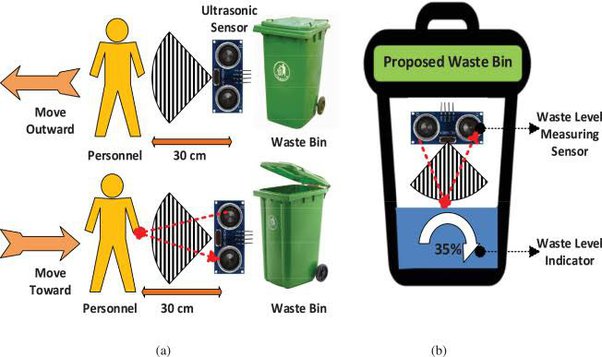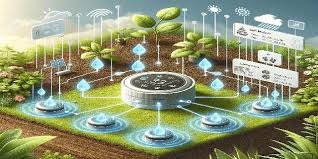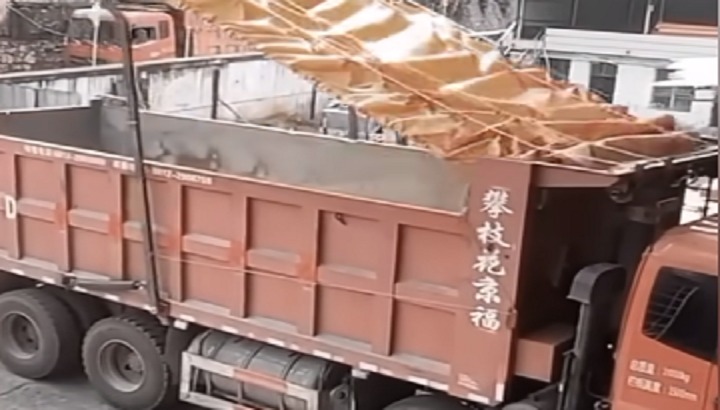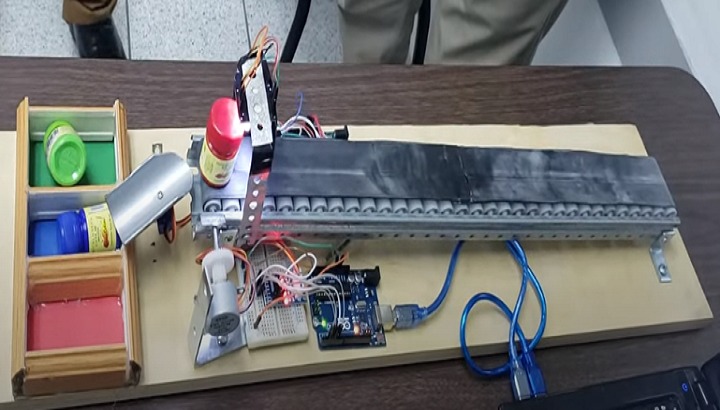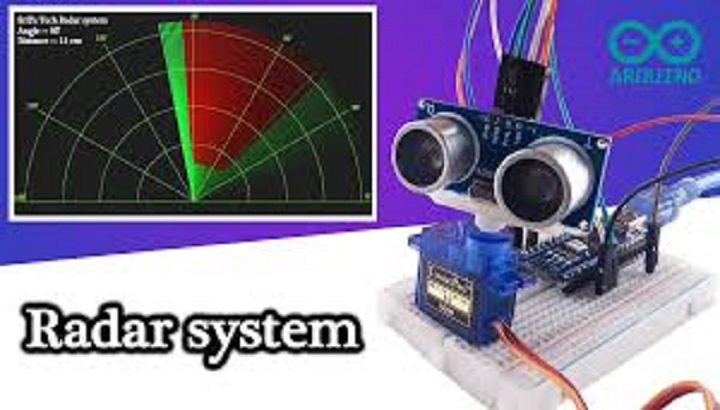Chair Occupancy and Usage Tracker for Sports Venues
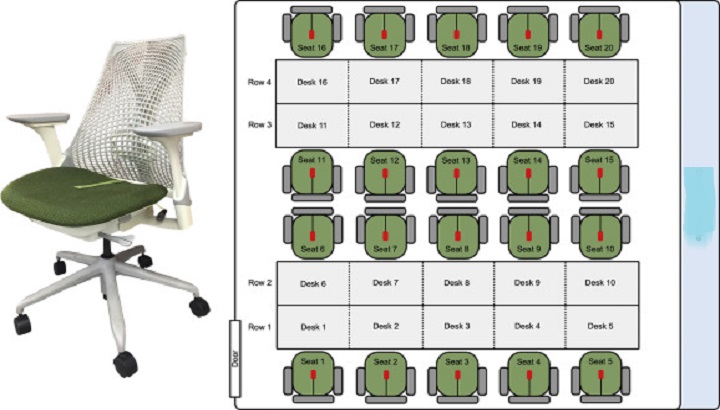
The Chair Occupancy and Usage Tracker is an innovative system designed specifically for sports venues to enhance crowd management, optimize seating arrangements, and improve overall visitor experience. By leveraging IoT technology and advanced sensor networks, this system provides real-time data on seat occupancy and usage patterns, enabling efficient management of seating resources and contributing to a more enjoyable event experience.
Key Features:
-
Real-Time Occupancy Detection: The system uses pressure sensors and infrared sensors to detect seat occupancy in real-time, providing accurate data on the availability of each seat.
-
Usage Analytics: The system tracks and analyzes usage patterns, including seat occupancy duration and frequency, helping venue managers understand visitor behavior and preferences.
-
Mobile App Integration: A mobile application allows visitors to locate available seats quickly and provides venue managers with real-time occupancy data and analytics for better decision-making.
-
Crowd Management: The system assists in managing crowd flow by identifying high-traffic areas and suggesting optimal seating arrangements, enhancing safety and convenience for visitors.
-
Energy Efficiency: Integration with lighting and HVAC systems enables the automatic adjustment of environmental controls based on occupancy, leading to significant energy savings.
-
Maintenance Alerts: The system can detect anomalies such as broken or malfunctioning seats and notify maintenance staff for prompt repairs, ensuring that all seating is in optimal condition.
Benefits:
-
Enhanced Visitor Experience: By providing real-time information on seat availability, visitors can find seats quickly and easily, leading to a more pleasant and stress-free experience.
-
Optimized Seating Utilization: Venue managers can maximize seating capacity by understanding and responding to usage patterns, ensuring that every seat is used effectively.
-
Improved Safety and Comfort: Better crowd management reduces congestion and improves safety, while optimal environmental controls enhance visitor comfort.
-
Cost Savings: Energy-efficient management of lighting and HVAC systems based on real-time occupancy data can lead to significant cost savings.
-
Proactive Maintenance: Early detection of seat malfunctions and prompt maintenance reduce downtime and improve the overall quality of the venue's seating.
Components:
Pressure sensors
Infrared sensors
Microcontroller (e.g., Arduino or Raspberry Pi)
Bluetooth/Wi-Fi module
Mobile application for control and monitoring
The Chair Occupancy and Usage Tracker for sports venues is a cutting-edge solution designed to optimize seating management and enhance the overall visitor experience. By providing real-time occupancy data and usage analytics, this system enables venue managers to make informed decisions, improve crowd management, and achieve significant energy savings. This innovative project represents a significant advancement in the management of sports venues, contributing to more efficient and enjoyable events.
Related project idea for free
Smart Dustbin for Clean City IOT Based Project
In the modern era of smart technology, efficient waste management is a significant concern, particularly in urban areas. This project introduces an innovative smart dustbin system designed to enhance hygiene, convenience, and efficiency in waste disposal. The core of the system is an ESP8266 micr...
Read more>>Smart Urban Gardening System
Urban gardening has become increasingly popular as city dwellers seek to grow their own food and green their living spaces. However, managing an urban garden efficiently can be challenging due to space constraints and the need for continuous monitoring and care. The Smart Urban Gardening System a...
Read more>>Smart Truck Bed Cover System with ESP8266 Integration
The Smart Truck Bed Cover System integrates ESP8266 technology with various components to create an automated and responsive solution for truck bed covers. This project utilizes a servo motor, buzzer, LED indicators, tent cover, and rain sensor to enhance usability, protection, and convenience for t...
Read more>>Conveyor Belt Control System with ESP8266 and Servo Motor for Item Sorting
The Conveyor Belt Control System with ESP8266 and Servo Motor is an advanced project designed to automate the control, monitoring, and sorting of items on a conveyor belt. This system uses the ESP8266 Wi-Fi module for wireless communication, enabling remote management and real-time monitoring of con...
Read more>>Arduino-Powered Proximity Sensing Radar
This project aims to develop a simple radar system using Arduino, incorporating a variety of electronic components including an ultrasonic sensor, buzzer, LED, LCD display, and a servo motor. The primary objective is to detect objects within a defined range and provide visual and auditory alerts. <...
Read more>>
